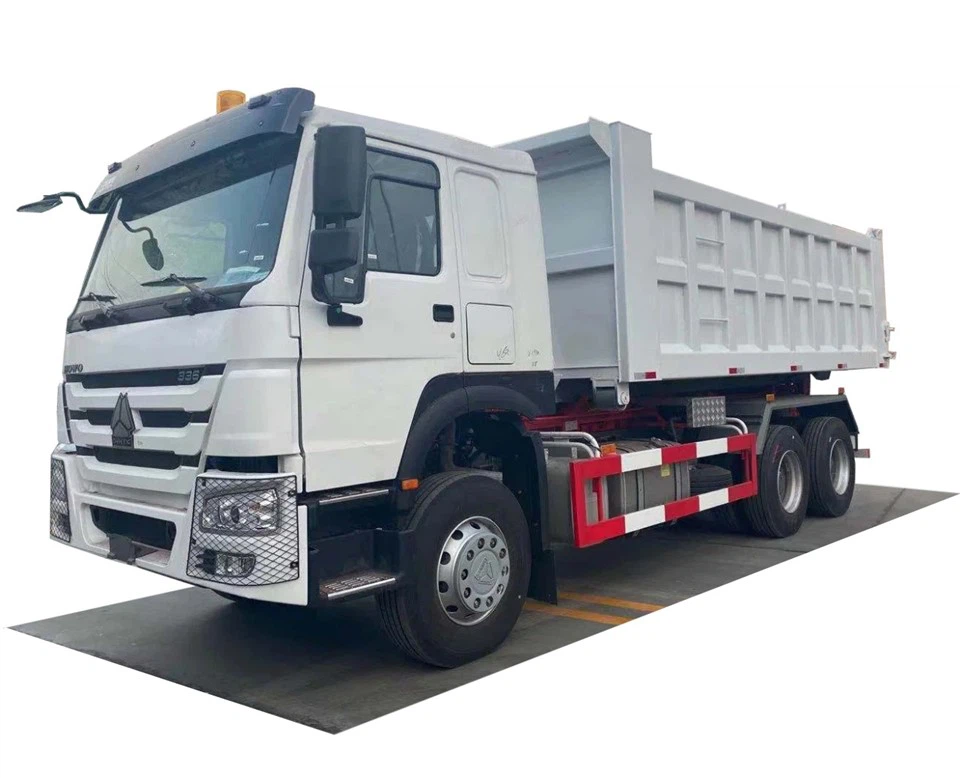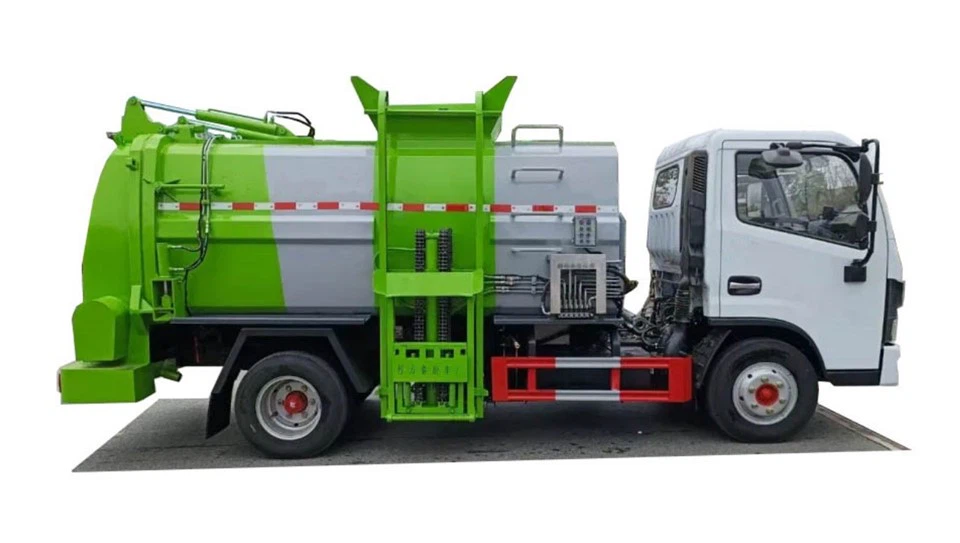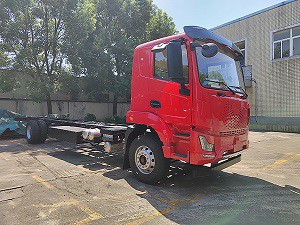Lorry Water Tank: A Comprehensive Guide to Transportation and Utilization

Introduction
In various industries, the transportation of water is crucial, whether for agriculture, construction, firefighting, or event management. A lorry water tank serves as a vital asset for efficiently transporting and distributing water. This article will explore the different aspects of lorry water tanks, including their types, features, maintenance, and the benefits they bring to businesses. Understanding these elements can help you make informed decisions about purchasing or utilizing these essential tools.
What is a Lorry Water Tank?
A lorry water tank is a specially designed tank mounted onto a lorry, which is used to carry water over distances. These tanks can come in various sizes, shapes, and configurations, depending on their intended use. They are constructed from materials that prevent contamination and often come with features that make them easy to use and maintain.
Types of Lorry Water Tanks
There are several types of lorry water tanks available on the market. Understanding these types will help you choose the right one for your needs.
1. Portable Water Tanks
Portable water tanks are ideal for transportation purposes. They can be easily mounted on different vehicles and are usually lightweight.

2. Fixed Water Tanks
Fixed water tanks are mounted permanently to a specific lorry. They are designed for long-term use and are generally larger in capacity.
3. Firefighting Water Tanks
These tanks are specifically designed for firefighting purposes. They typically come with additional equipment such as hoses and pumps.
4. Agricultural Water Tanks
Agricultural water tanks are used for irrigation and can include additional features like pumps or sprayers for efficient water distribution.
5. Wastewater Tanks
Wastewater tanks are designed to carry non-potable water or wastewater. They usually require special materials to handle contaminants.
Key Features of Lorry Water Tanks
When selecting a lorry water tank, consider the following key features that enhance functionality and usability:
Material
Water tanks are commonly made from polyethylene, stainless steel, or fiberglass. Each material has its own advantages:
- Polyethylene: Lightweight and corrosion-resistant.
- Stainless Steel: Durable and suitable for high-temperature environments.
- Fiberglass: Resistant to corrosion and suitable for chemical transport.
Capacity
Water tanks typically range from 500 liters to over 30,000 liters. Choosing the right capacity depends on the specific needs of your operations.
Pump System
A good water tank should have an integrated pump system for efficient water distribution. This feature is essential for applications requiring a steady water flow.
Filtration System
Integrated filtration systems help maintain water quality by removing impurities. This is especially important when transporting potable water.
Portability
Consider whether you need a portable or fixed tank based on your operational requirements. Portable tanks allow for flexibility and can be used across different vehicles.
How to Choose the Right Lorry Water Tank
Selecting the right lorry water tank involves several considerations:
1. **Assess Your Needs**
Evaluate the primary purpose of the tank. Are you transporting potable water, wastewater, or using it for firefighting?
2. **Consider Vehicle Compatibility**
Ensure that the tank you choose is compatible with your lorry’s specifications in terms of weight capacity and mounting configurations.
3. **Evaluate Local Regulations**
Investigate local laws regarding water transport, particularly if you handle potable water or hazardous materials.
4. **Budget**
Consider your budget for initial purchase, maintenance costs, and potential modifications or additional features.
Installation and Setup
Once you’ve selected the right lorry water tank, proper installation is essential for safety and efficiency.
1. **Mounting the Tank**
Follow the manufacturer’s instructions for securely mounting the tank to prevent movement during transport.
2. **Connecting Pumps and Hoses**
Ensure that all pumps and hoses are securely connected and functioning correctly to avoid leaks.
3. **Testing the System**
Before full-scale operation, conduct tests using water to check for leaks and ensure the system is working efficiently.
Maintenance of Lorry Water Tanks
Regular maintenance is essential to prolong the life of a lorry water tank and ensure efficient performance.
1. **Regular Inspections**
Conduct regular inspections for wear and tear, corrosion, and leaks. Address any issues immediately.
2. **Cleaning the Tank**
Depending on usage, clean the tank regularly to prevent algae growth and contamination. Use eco-friendly cleaning agents.
3. **Pump Maintenance**
Check the pump system frequently for clogs or wear. Replace parts as needed to maintain efficiency.
4. **Winterization**
If you operate in cold climates, winterize your tank to prevent freezing and damage during off-seasons.
Practical Examples of Lorry Water Tank Use
Lorry water tanks have diverse applications across various industries:
1. **Agriculture**
Farmers use lorry water tanks to irrigate fields, especially in areas where natural water sources are limited.
2. **Construction Sites**
Construction companies use these tanks to provide water for dust control, compaction, and worker hydration.
3. **Event Management**
For large events, such as festivals, lorry water tanks supply necessary water for sanitation and refreshments.
4. **Firefighting**
Emergency services use firefighting lorry water tanks to quickly transport water to areas during fires where water is scarce.
Advantages of Using a Lorry Water Tank

Employing lorry water tanks presents a variety of advantages:
1. **Efficiency in Water Transport**
Water tanks enable efficient transportation of significant water quantities, crucial for various operations.
2. **Cost-Effective**
Using lorry water tanks can reduce costs associated with water delivery services and improve logistics.
3. **Quality Maintenance**
Well-maintained tanks help maintain water quality, which is especially important for potable water transport.
4. **Versatility**
Lorry water tanks can be utilized across different sectors, making them highly versatile equipment.
FAQ
1. What is the average cost of a lorry water tank?
The cost of a lorry water tank can range from $1,000 to $30,000 or more, depending on capacity and features.
2. How do I maintain the quality of water in my tank?

Regular cleaning, inspection for leaks, and ensuring the tank is made of safe materials can help maintain water quality.
3. Can I transport both potable and non-potable water?
Yes, but it is crucial to have separate tanks for potable and non-potable water to avoid contamination.
4. How often should I clean my lorry water tank?
It is advisable to clean the tank every 3-6 months, or more frequently if it is used for potable water.
5. What type of lorry is best suited for carrying a water tank?
Flatbed lorries or trucks with a strong chassis, capable of supporting the tank’s weight, are typically the best options.
6. Is it legal to transport water without a permit?
This varies by region. Always check local regulations regarding water transport to ensure compliance.
